Cloud9 founder Hai Lam is having trouble focusing on our interview.
We’re sitting in the press box of the League Championship Series (LCS) studios in Los Angeles, our own private viewing suite overlooking the stage. Through tinted glass, past the pair of commentators just outside, Gravity Gaming has just started its match against Team SoloMid. Gravity has been inching up the table recently, nipping at Cloud9’s heels, but Hai is hoping they’ll win.
He and his team just got back from a disappointing trip abroad, getting knocked out in shocking fashion at the IEM Katowice tournament in Poland. For a player who’s accustomed to winning, he’s looking at one thing: Getting back to the top of the table. And right now, that’s looking possible. The team had decimated Team Liquid in dominating fashion earlier in the day, and a Gravity win would put Cloud9’s fate in their own hands: win out and they’re first.
“It’s nice to be back in American soil,” he says. “I was born here. I’m more accustomed to the temperature, climate, and I’m not jet lagged over here. Coming back with a win, and a dominating one at that, feels great. Much better than losing, obviously!”
It’s the first time I’ve met Hai, one of the friendliest personalities in esports. In Dec. 2012, Hai saw the bankruptcy of another esports team, Quantic Gaming, as an opportunity: to found the team he always wanted to, Cloud9. The team failed to qualify for the LCS in their first attempt, but that didn’t deter him, even after players like Zach “Nientonsoh” Malhas left. They made it on their next try. Hai named the team Cloud9 because he believes gaming should be about being on cloud nine—a “euphoric feeling,” he says, and he lives by that philosophy.
But this wasn’t the first time I’d seen Hai in person. At PAX Prime in September 2014, I watched his team fall in an LCS championship for the first time ever, dethroned by an ascendant Team SoloMid. After the match, I was sitting in the press area just outside the entrance to Riot’s makeshift lounge backstage when I saw him enter the tunnel and sit on some crates. He looked distraught. Team owner Jack Etienne came over and tried to comfort him, calm him down. But Hai looked angry, like perhaps he was blaming himself for the loss, or maybe just upset over the fact that their their dominance had finally slipped away.
I’d requested an interview before the series. But now Riot’s communications manager, Nicola Piggott, told me Hai wouldn’t be available. He wasn’t even going to do fan interaction, she said, a little aghast. A couple minutes later, however, Hai emerged from the tunnel, that trademark smile only slightly dulled.
Hai is a rock. He’s the team’s captain and shot caller and mid laner, famed for his ability to always find a way to win. But he’s also their scapegoat, the player who takes the blame for their losses, with fans pinning the problems on either his small champion pool or mechanical skill. He’s seen his team fall from grace—a dominant force in North America toppled for the first time last year—then rally back with a superb performance at Worlds and at IEM Cologne. Then a slow start to the LCS season, much like Summer last year. Then they started winning, with Hai putting together some great games on Zed and Kennen.
And then Poland happened.
Fans are starting to wonder if perhaps Hai’s time might finally be up. The offseason could see Cloud9 finally make a roster change after nearly two years with the same lineup. Hai is certainly worn down. He’s not in great shape physically, suffering from a kind of tendinitis in his wrist. And last year, he spent several days in the hospital after his lung collapsed, causing him to miss an important tournament, the All-Star Invitational. Mentally, he must be feeling the pressure. His fans expect Cloud9 to return to dominance. And plenty are blaming him for holding them back.
But he’s still smiling.
Embarrassed at IEM
Cloud9 kicked off IEM Katowice with a match to forget.
GE Tigers “embarrassed” them, to steal a word from Daerek “LemonNation” Hart. The Americans looked outclassed from the start, and after a poor early engagement or two, it looked like they went on tilt, throwing kills to the Koreans across the map as they desperately tried to land ill-advised punches instead of putting up their guard.
Hai says the team may have been on tilt from the beginning. A key mistake in champion select completely threw off their plan for the match and put them into an unfavorable situation. They entered the pick and ban phase with everything planned out. The bans went as they expected, and GE Tigers’ first pick, Corki, was within parameters. Cloud9 then picked Rumble and Morgana. GE Tigers answered with Lissandra.
“Oh shit.”
That’s how the team felt when they saw the Lissandra pick, according to Hai. “We were supposed to pick that champion,” he says. “We tried to fix that mistake by doing what we could, but that wasn’t our plan at all. It messed with our heads.”
He didn’t deny they tilted a little bit after that, saying they “psyched themselves out” after days of planning gone to waste with a mindless mistake. “That put us in a different mindset, we weren’t sure what to do instead. We had a few misplays and it just kind of snowballed from there into us doing more and more bad plays.”
How does that happen after careful preparation? Isn’t the flow chart written down in LemonNation’s famous notebook? “I don’t even know,” Hai says. “It’s just like a massive oversight.”
That’s the kind of uncharacteristic mistake we’re not used to seeing from Cloud9. During their run of dominance, they were famed for being mistake-free. They’d eke out a small 1,000 or 2,000 gold lead and slowly roll that into a victory, expertly rotating around the map until the game was won.
Against Yoe Flash Wolves, they fell prey to another mistake: misjudging their own power. They had a big gold lead, but most of that was tied up in tank items on their jungler.
“We just threw against them,” Hai said. “We thought we were stronger than we were because we were up a lot of money and turrets, but a lot of money was on our jungler and he went tanky. So we can’t really do as much as he could if he went damage. So we just kind of misplayed against them and threw. We just lost the game. It was a combination of not understanding what we need to do to win the game and just getting outplayed.”
Playing in the LCS is different, he says. They’re in a “comfort zone” against a familiar foe like Team Liquid, a squad they’ve played so many times they know the routine, the play style, how to beat them. Cloud9 aren’t nervous.
I start asking why they can be so inconsistent, but Hai jumps up from his seat.
“Oh my god, they’re winning this fight! Holy shit, they were so behind,” he says, looking past the caster desk from our spot in the press box to the big projector out on the stage. “It was like 8-1, they just got a quadra kill? Do you see if they can Baron? Holy crap they might get Baron!
“All right. Sorry. Get back to it! That was just exciting.”
The play he’s talking about is, of course, Gravity Gaming’s key team fight against Team SoloMid, when Lae-young “Keane” Jang and his Urgot scored a triple kill to turn around the match.
“Sorry that was very interesting,” he says. “All right, I’m focused now!”
One hot topic surrounding IEM was the format. The group stage still required every team to lose two games, similar to a best-of-three bracket, but it didn’t give teams much of a chance to adjust to foes or recover from inane or nonsensical mistakes, like Cloud9’s champion select brain fart.
“Given the resources on how they wanted to run the tournament, that was the best they could do,” Hai said. “In the future I think it would be cool if tournaments could run multiple streams, so that way you could have a bigger round robin.”
For example, he’d like to see an eight-team tournament feature a round-robin stage where every team plays each other twice. That’d require a setup with multiple streams and multiple matches broadcast at the same time. That might not be ideal for sponsors who want to see one stream with a single massive viewer count, Hai says, but that’s okay—it’s better for both players and fans. Fans get to see more games and players get to play more. Everybody wins except for, perhaps, the events who have to hire more casters and staff.
“It’s a better viewer experience,” he says. “You get more games. It’s a better player experience since you get to play everybody. Overall, it’s just a more fair tournament. It just needs to be run a bit differently for it to happen that way.”
Whether giving Cloud9 a second chance at IEM would have really mattered, though, might be a different story. After all, Katowice was a “big upset for everyone involved,” he said. The only team that really lived up to expectations was SoloMid. Potential favorites GE Tigers, CJ Entus, Cloud9, and SK Gaming all fell early. It was just a “weird tournament,” Hai says. A more open format would likely have changed much of that, but maybe not for Cloud9.
“I don’t know if we would have not faltered, because our losses were demoralizing,” he said. “They weren’t well. I can’t really speak for our strength at the time since we just didn’t play that well.”
Some of the teams, like GE Tigers, used jet lag and their travel conditions as an excuse. Considering the team that upset GE Tigers, World Elite, suffered through essentially the same conditions, that logic doesn’t seem to hold much water. But Hai says that it really is tough attending these events, even if you make allowances like his team did, travelling to Poland early in an attempt to get over jet lag and acclimate to the new environment.
“A lot of us aren’t very accustomed to the culture and the food in different places around the world,” he says. “Some of our palettes aren’t that big, so we’re kind of… not malnourished, but not as nourished as normal, because we’re eating food that we’re not used to and that hurts our stomach. It’s just issues outside of game affecting us, and that translates into the game.”
In other words, without a Chipotle around, how are William “Meteos” Hartman and company going to gain their Popeye-esque powers?
“[Chipotle] woulda helped!” Hai laughed. “That honestly would have helped! I don’t know if it’d have been enough for us to win or anything like that. But it would help.”
Cloud9’s inconsistency
Chipotle may explain their inexplicable IEM performance, but it doesn’t wash away Cloud9’s shaky domestic play over the past year or so. Ever since the All-Star Paris event in May 2014, they’ve never found the kind of consistency they had when they dominated the North American scene for a full year. Every time they look like they’ve found that same transcendent form, like at the Riot World Championships last year, they falter soon thereafter, like at the start of this LCS split.
Why can’t they find the consistent, mistake-free performance of a year past? Why are they so much more unstable?
The answer, according to Hai, is that they’re playing about as well as they always did, or likely a little better. It’s just that everyone else is better now too. Teams are good enough to actually punish the mistakes they used to make during their dominance. Now, if Cloud9 perform at 50 percent of their talent level, they’re getting destroyed for it, instead of eking out a win.
“Say, for example, you’re at the top,” Hai said. “You have nowhere else to go. You’re at the top, and you’ll either stay there, or you’ll go down. You’re in the middle, you can go up, or you can go down, and if you go up, it’ll be a noticeable improvement. Say for example you’re in fourth place and you start winning and get to first. Amazing. But if you’re in first, then no one notices improvement.”
It’s also much harder to improve when those mistakes are not being punished, when you don’t have first-hand evidence on what might cost you a game. Meteos, for example, already learned his lesson after the Yoe Flash Wolves game. Against Team Liquid this weekend, he went “full soloqueue,” as he put it in the post-game interview, by building for more damage instead of his usual tank path on Vi.
Hai says it’s harder to improve while you’re winning. You have a “different mentality” and “don’t understand the stress” behind a loss. “When you’re winning you’re still making mistakes, but you don’t notice because you win anyway. Then it’s hard to improve by fixing those mistakes because you’re still winning.
“It’s definitely easier for us to improve now, because there are so many better teams now. TSM, CLG, Liquid, all those teams have gotten so much better than they were previously, and it’s just translated into us getting better. We start losing, we learn more things, and we get better.”
When Cloud9 was dominating the LCS, Team SoloMid was their rival. But it was in more of a little brother type way. SoloMid had so much hope, and then they got swept in the playoffs two seasons in a row. They had a goal to reach: toppling Cloud9. They had a team beating them, teaching them their mistakes. But it took multiple roster changes and the addition of a top-notch head coach to finally let them reach the summit.
That’s one interesting issue with Cloud9, and the method of their dominance. Meteos is a superstar and players like Zachary “Sneaky” Scuderi and Hai himself are much more mechanically talented than they were given credit for when Cloud9 was coming up. But the team’s strength was always its team fighting and rotational play.
That’s something that can be taught, or at least faked through better leadership, shot calling, and preparation. Mechanical skill can be trained, but there’s a limit to how fast your fingers can move. That means that while other teams can catch up to Cloud9, it may be harder for Cloud9 to catch them, as the general understanding of the game increases and the general mechanical skill level does too.
That raises the question: Has Cloud9 peaked with their current lineup?
Hai starts with “no” but trails off, entranced by the match playing out on the stage. Gravity Gaming is pushing to Baron, looking to force a team fight that Team SoloMid probably can’t win.
“Are they winning this fight? Zed’s behind them though. Ah, I think they’re losing,” he says, a little disappointed. “Oh, wait…” He jumps out of his chair. “Oh my god?”
We watch for 15 seconds as a team fight plays out at Baron with the cacophony of excited casters filtering in from the room behind us. The teams trade kills, but Team SoloMid manages to disengage. A letdown.
Back to the question at hand: any concern that Cloud9 has peaked?
“I don’t really think that’s a concern,” Hai said. “The only reason why we wouldn’t get better is if we just stopped caring about the game and stopped trying to improve, because we’re not the best in our role around the world. That’s a very hard thing to say. Even if we were, you wouldn’t really be able to tell. You always have things you can work on, whether its better last hitting, better mechanics, better understanding of the game. Whatever it is, you can always get more. As long as we’re not complacent with how we are, [we] always have room to improve.”
Working hard at improving is easier said than done. But for Hai, it’s almost an impossibility right now. He’s wearing a wrist brace, as he’s done for most of this season. It’s an injury that’s keeping him from practicing properly, like the collapsed lung that kept him out of Paris.
“There’s a giant issue with my desk now at home,” he says. “I’m trying to figure out why, but I can’t play on it for long periods of time without hurting my wrist. I can’t play as much right now. I’ve been trying to play solo queue, but I’ll play two games and my wrist just starts destroying me, so I have to stop playing and ice them for a bit. It just cuts down my playing time a lot.”
He plans to have ergonomics expert to examine him and figure out what he can do to alleviate or eliminate the pain. He’s acutely aware that he could become a burden to the team, like he was, perhaps, during All-Stars.
He’s not the first pro gamer to suffer from crippling hand issues. Some figure them out and fully recover. Some, like legendary StarCraft player Lee “Flash” Young-ho, require surgery with half a year of recovery before they’re back in action. Others see their careers cut short, forced to retire before their time.
“I’ve thought about that happening,” he said. “But I’m doing things to try and improve that. Figuring out what’s wrong and trying my best to fix the issues so that it doesn’t happen again. I want to go to the gym. I want to exercise and stay healthy so I don’t have the issue of this happening. I couldn’t go to All-Stars because my lung collapsed, and I never wanted to put my team in that kind of situation again. I’m trying my best not to have that happen.”
It’s a tough situation, and a tough question to ask someone, basically pointing out their own career mortality, the fact that they can’t do the thing they love forever. But Hai is the kind of guy who can be happy even when almost everything seems to be going wrong.
“If Gravity wins this game, holy shit!” he says, excitedly. “They just got Baron man, and they’re winning team fights. Oh, I know why they’re winning team fights. [TSM’s] entire team comp is AD. They can just stack armor and they’ll win. They have super tanks like Maokai and Urgot. They just straight up win team fights. It’s an oversight in their team comp.”
That’s the analysis both Team SoloMid jungler Lucas “Santorin” Tao Kilmer Larsen and Keane gave me in interviews after living that match.
I bring up the coaching staff, another area where, perhaps, teams have caught and surpassed Cloud9. This season, Charlie Lipsie, long-time Cloud9 manager, has taken over more coaching duties, helping in picks and bans and going over scrims with the team. Hai says they needed it. In the past their pick and ban phase was tops, thanks to careful preparation from LemonNation. But this season, as other teams stepped up their games and preparation with coaching staffs of their own, they needed another brain.
That said, Cloud9 doesn’t have the same coaching firepower some teams do, like Team SoloMid or Team Liquid, who have extensive staffs surrounding their players. Hai says that’s mostly because it’s just tough to find qualified people.
“The issue is, you have to find people that are competent,” he said. “It’d be great if we could get a coach that makes our life easier, right? But where do we get a coach that understands the game well enough and can help us improve rather than him being completely wrong?
“It’s in the back of our minds. If the opportunity arises, we’ll go for it. But we’re not dropping everything thinking we need a coach or we’re going to lose. We’re doing the best with what we have. If we can get more, great. If not we’re not going to use that as an excuse to lose.”
Before I ask another question, the game heats up. Gravity is winning a fight.
“Oh dude, this is hype!” he says. “Gravity is going to win. That’s so good for us! It lets us try and get first now. Gravity catches up but as long as we don’t lose, it’s very good for us to get first. If TSM wins their next two games, and they play us and we beat them, then we’re ahead of them. That’s all we need.”
That statement, in a nutshell, summarizes Hai. There’s his excitement and love for League of Legends, hyped over an exciting match with a couple of big plays. And there’s his competitive drive and positive nature—he’s gunning for first place, and believes Cloud9 can get there. He doesn’t care that Gravity Gaming, a team that’s just behind them in the standings, nudges closer. He’s happy Gravity Gaming gave them a chance.
Of course, all this is before Team 8 blisters Cloud9 with a ballsy move at Baron a day later, and Cloud9 faltered with another mid-game mistake. That’s put Hai and his teammates in peril: Team8 and Gravity Gaming are both just one game behind them. It’s small, but there’s still a chance they miss the playoffs.
The house that Hai built
The organization Hai founded is no longer just a League of Legends team. It’s the biggest multi-gaming franchise in America. That’s largely thanks to Jack Etienne, the man who took over stewardship from Hai and allowed him to perform as a player. But Hai still has a profound impact on the culture of the organization itself.
Etienne consults Hai when he wants to make a big addition. “He wants the players to talk to me to see if they’ll be a good fit for our brand,” Hai says. “We want players that are optimistic, happy, and promote the image of being on Cloud9, right? It’s like a euphoric feeling, you’re happy, you’re not really a negative person. We do our best to keep players that have that image and can uphold that image.”
Many of the other Cloud9 players I’ve interacted with really fall under that description, like their new world-champion Smite team and that team’s hunter, John “BaRRaCCuDDa” Salter, who is similar to Hai in many ways: humble and happy and thankful to be playing games for a career.
“When I first made Cloud9, every team in the scene was about being badass and cool,” Hai says. “They had dark colors. No one was like hey! We’re just a bunch of gamers, we’re good at the game, we just want to be happy and play for fun, right? That’s what I wanted to do. That’s the kind of players we want to try and pick up.”
I was the one smiling after that. More than a decade ago, I captained the best Firearms team on the planet (quite the accomplishment, I must say) called Irresistible Six. Our in-game tag was a simple “<3” and our colors were white and pink. “Irresistible, in more ways than one” was our slogan. Quite the contrast to some of the Counter-Strike teams I had played on, like “Bastards with a Cause” and “Millennial Reign.” We were certainly competitive, but we laughed at how serious everyone else took things—it’s a game, after all. We were playing to have fun, even if the most fun we had is by destroying the other guys.
That’s how I envision the Cloud9 mantra. While that may not apply to every member of the organization, it certainly does to Hai.
“I’m a gamer, man. I’m not that badass,” he says. “I sit on my ass and I play a game. I’m not that sweet. I just want to play a game and have a good time.”
I move to shake his hand and thank him for his time. But just then, he turns away.
“Oh my god! GG! That’s insane!”
Gravity Gaming just upset Team SoloMid.



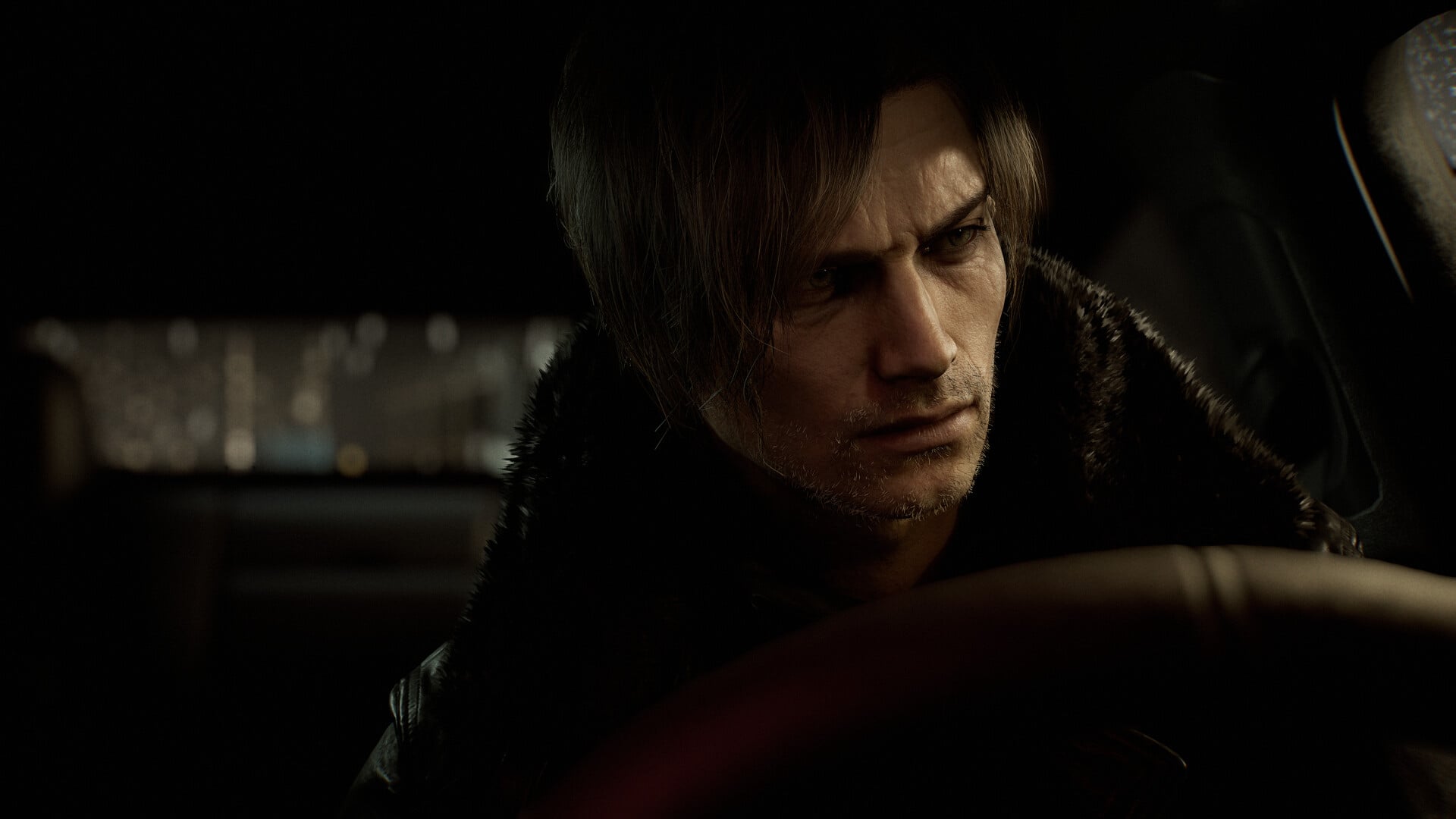
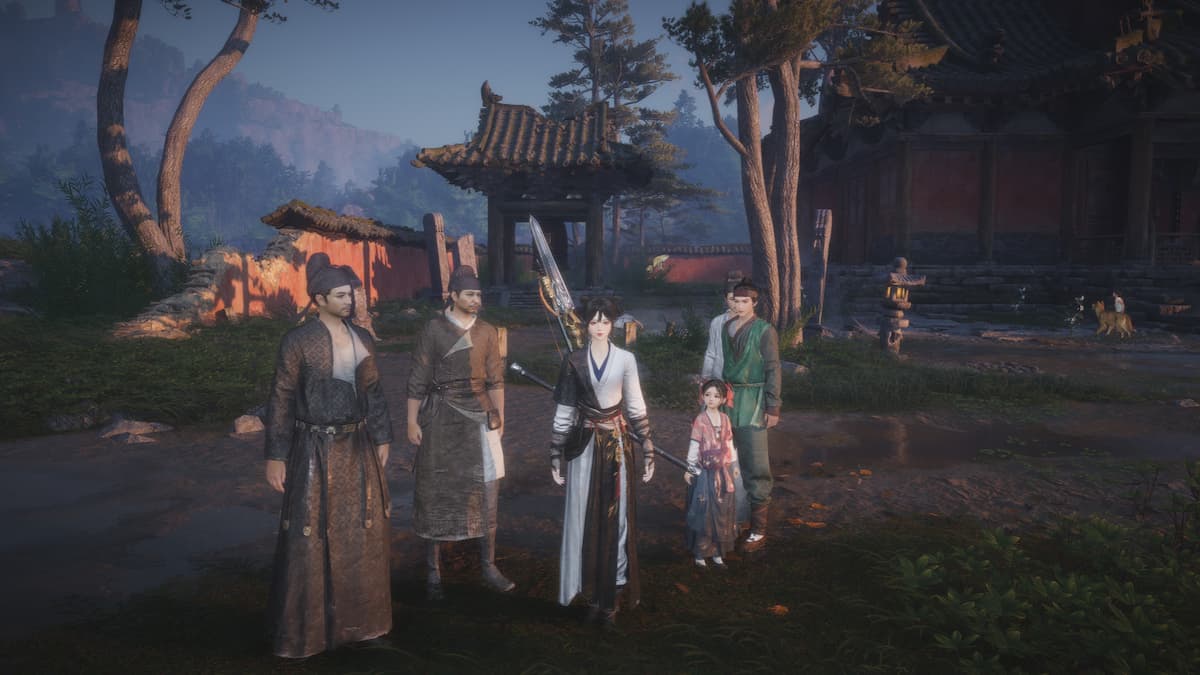
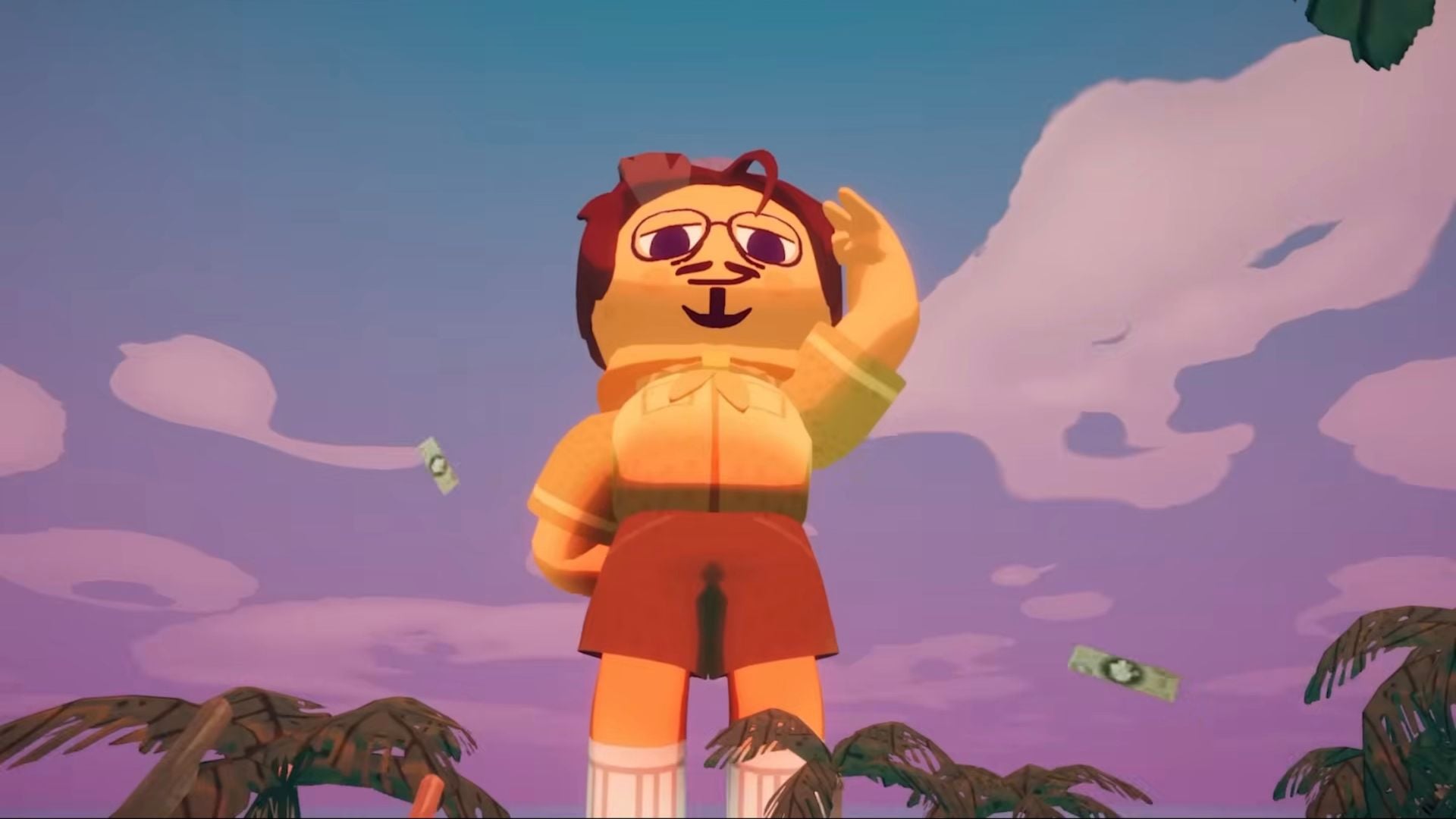
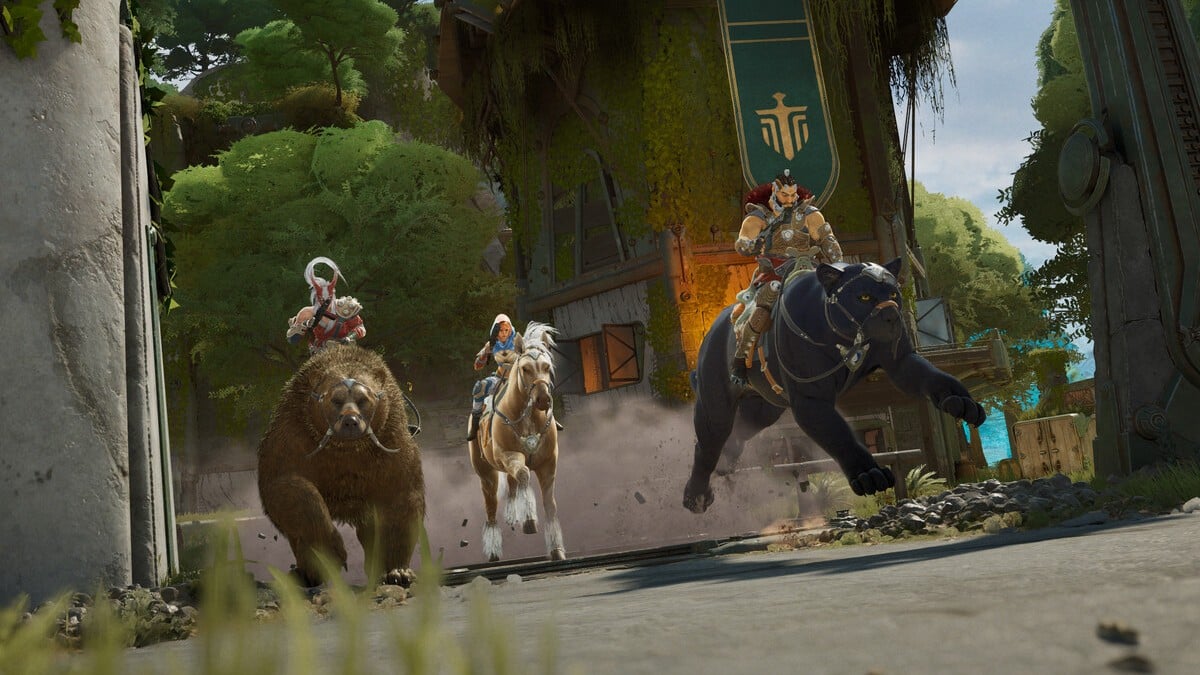
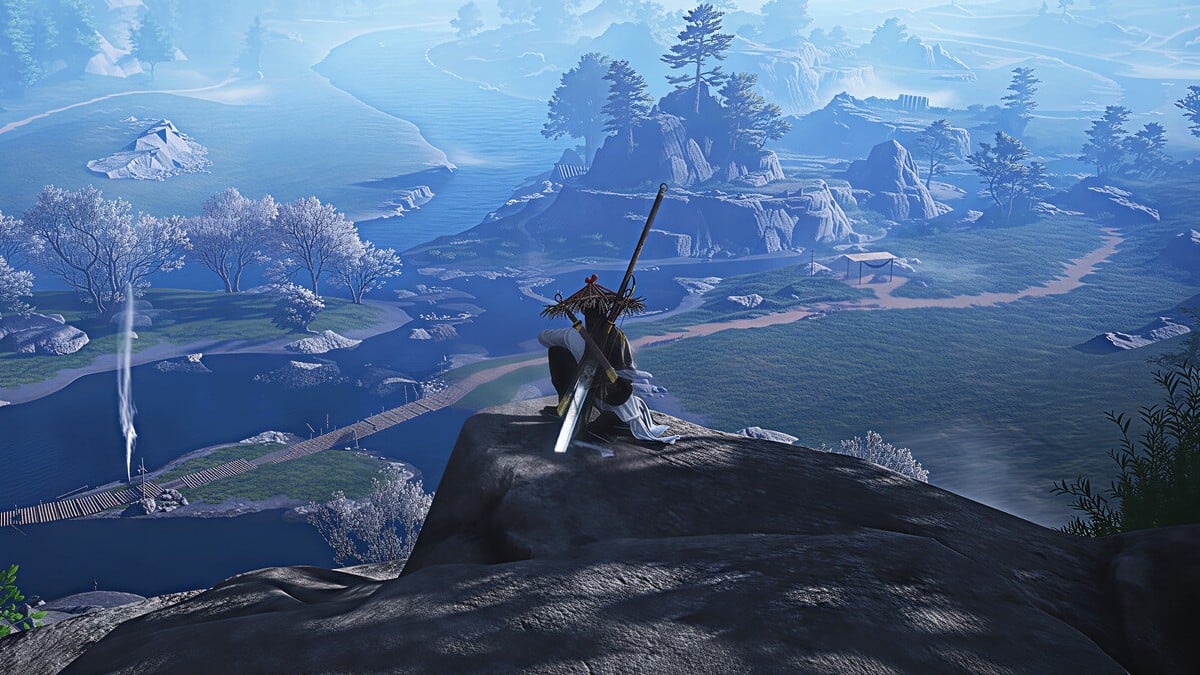
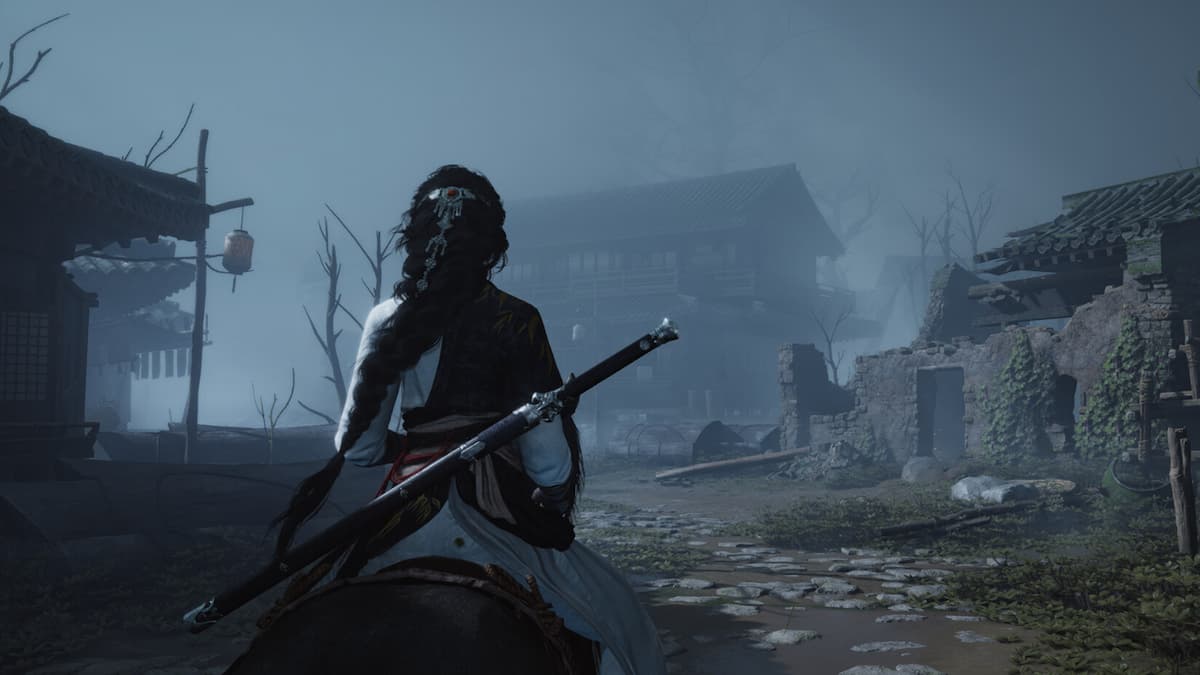
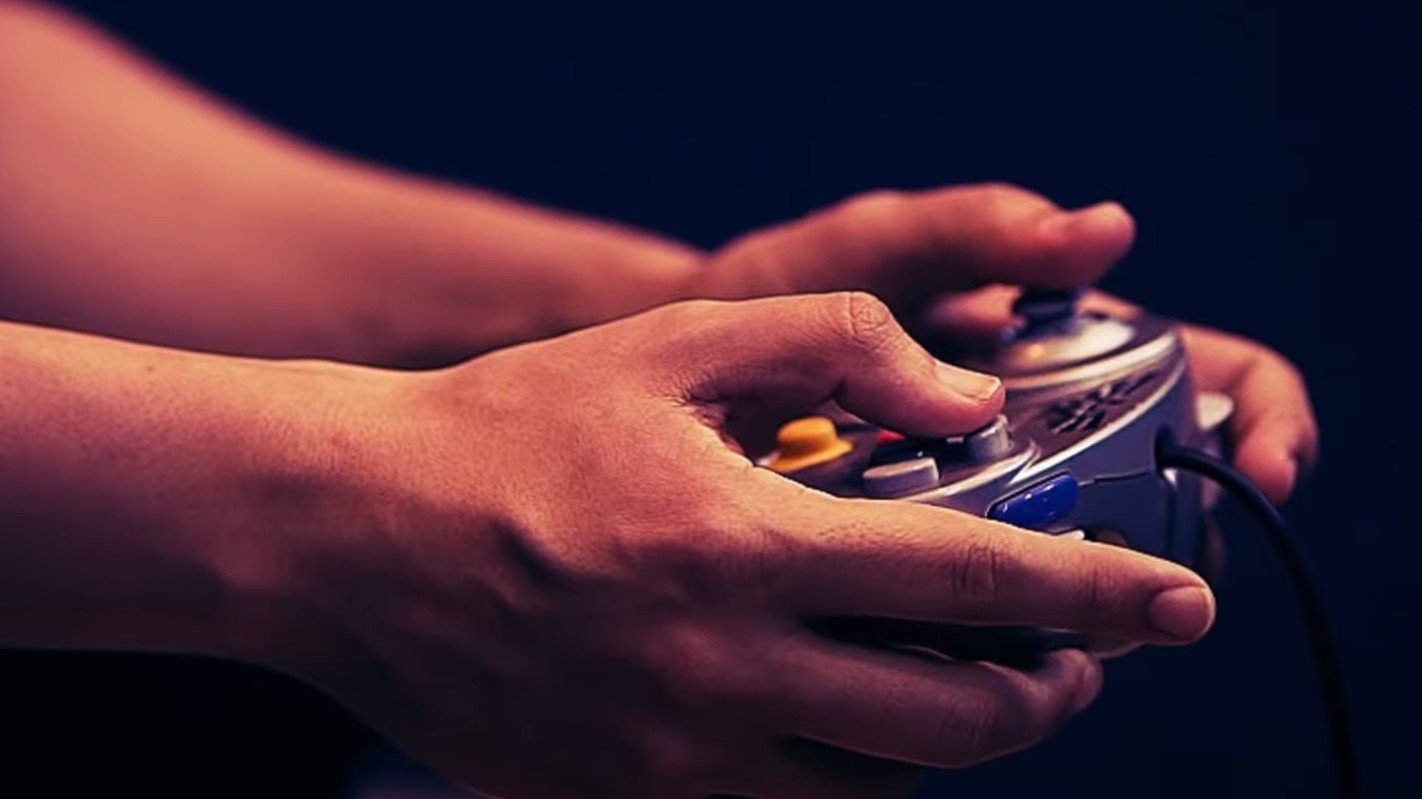
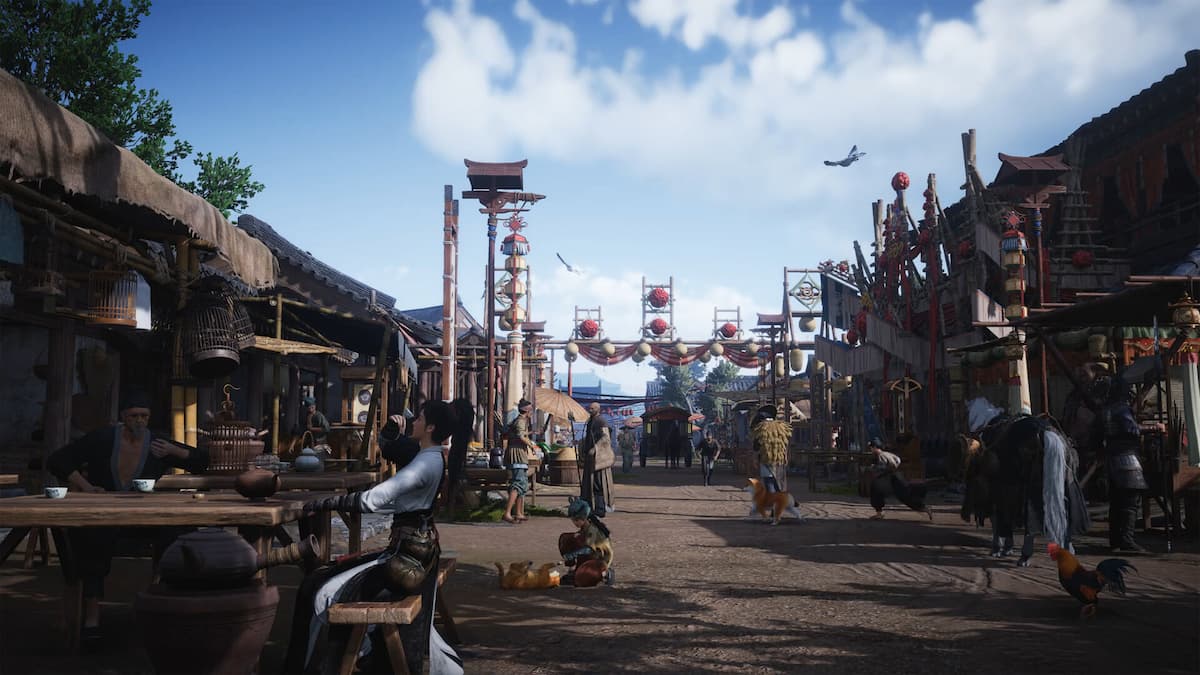
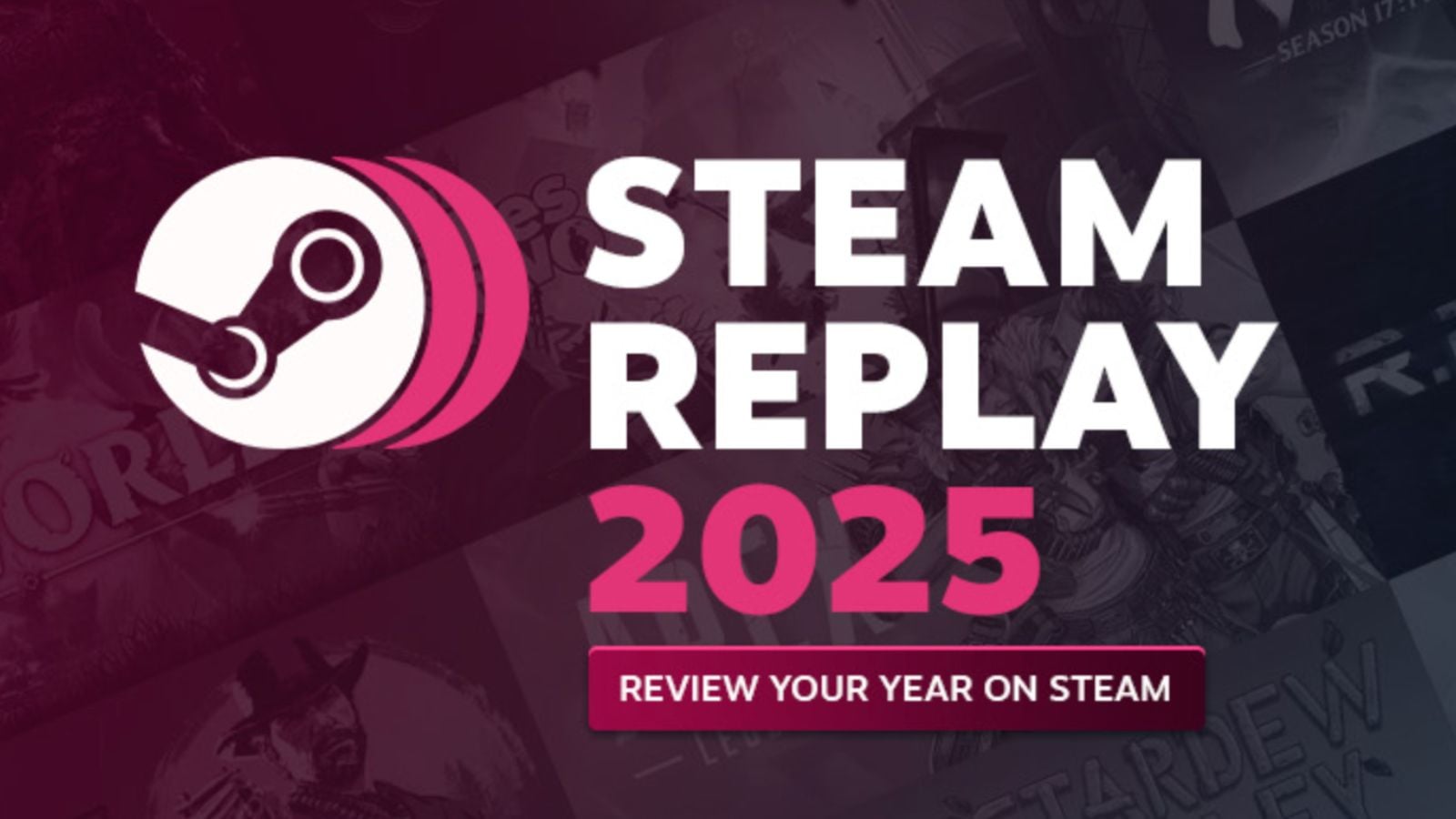
Published: Mar 27, 2015 08:00 am